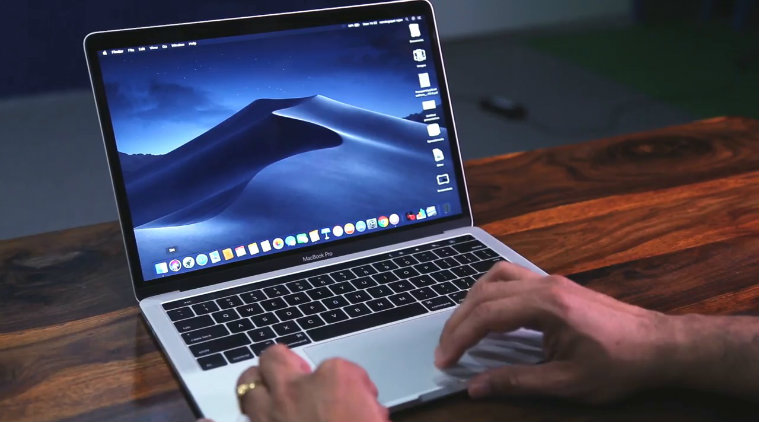Apple Macs may switch from Intel to ARM-based chip by 2020: Report
Apple Macs may switch from Intel to ARM-based chip by early 2020 or 2021, TSMC might provide Apple Car chips in 2023, predicts analyst Ming-Chi Kuo
 Apple Macs may switch from Intel to ARM-based by 2020-21, predicts Ming-Chi Kuo
Apple Macs may switch from Intel to ARM-based by 2020-21, predicts Ming-Chi Kuo
Apple is likely to switch from Intel to ARM-based processor in Mac systems by 2020, analyst Ming-Chi Kuo predicts. A 9to5Mac report, citing Kuo, says the analyst believes Macs may switch to Apple chips by 2020 while an autonomous Apple Car system might ‘adopt’ custom silicon by 2023.
Kuo believes that Apple’s chip maker, TSMC will continue to gain rewards of being the ‘sole A-series chip supplier’ and Apple is said to become more dependent on the chipset manufacturer due to ‘its high quality and production’. The former KGI analyst further anticipates the Apple iPhone XR will sell better than expected and that TSMC will record a better first quarter in 2019 with the A12 chips compared to A11. Apple’s chip manufacturer will be the ‘sole supplier’ for the Cupertino tech company’s A13 chip next year and A14 in 2020.
Also Read: Apple iPhone XR India pre-orders begin tomorrow, price starts at Rs 76,900
As per the 9to5Mac report, Kuo also believes that around 2021 Apple will release its first Mac with custom ARM-based chips. This comes in line with the Bloomberg report that revealed similar stats earlier. As per the report, Kuo says that in the long-term TSMC will produce custom chips for “Apple Car’s Advanced Driver Assistance Systems”.
Also Read- Apple MacBook Pro 2018 15-inch review: Loaded for performance
The analyst predicts that Apple’s vehicle efforts will bring either Level 4 or Level 5 ‘fully autonomous driving’ to users. For that level of autonomous driving to be enabled, Kuo says that it will require TSMC’s 3nm or 5nm chip process.







